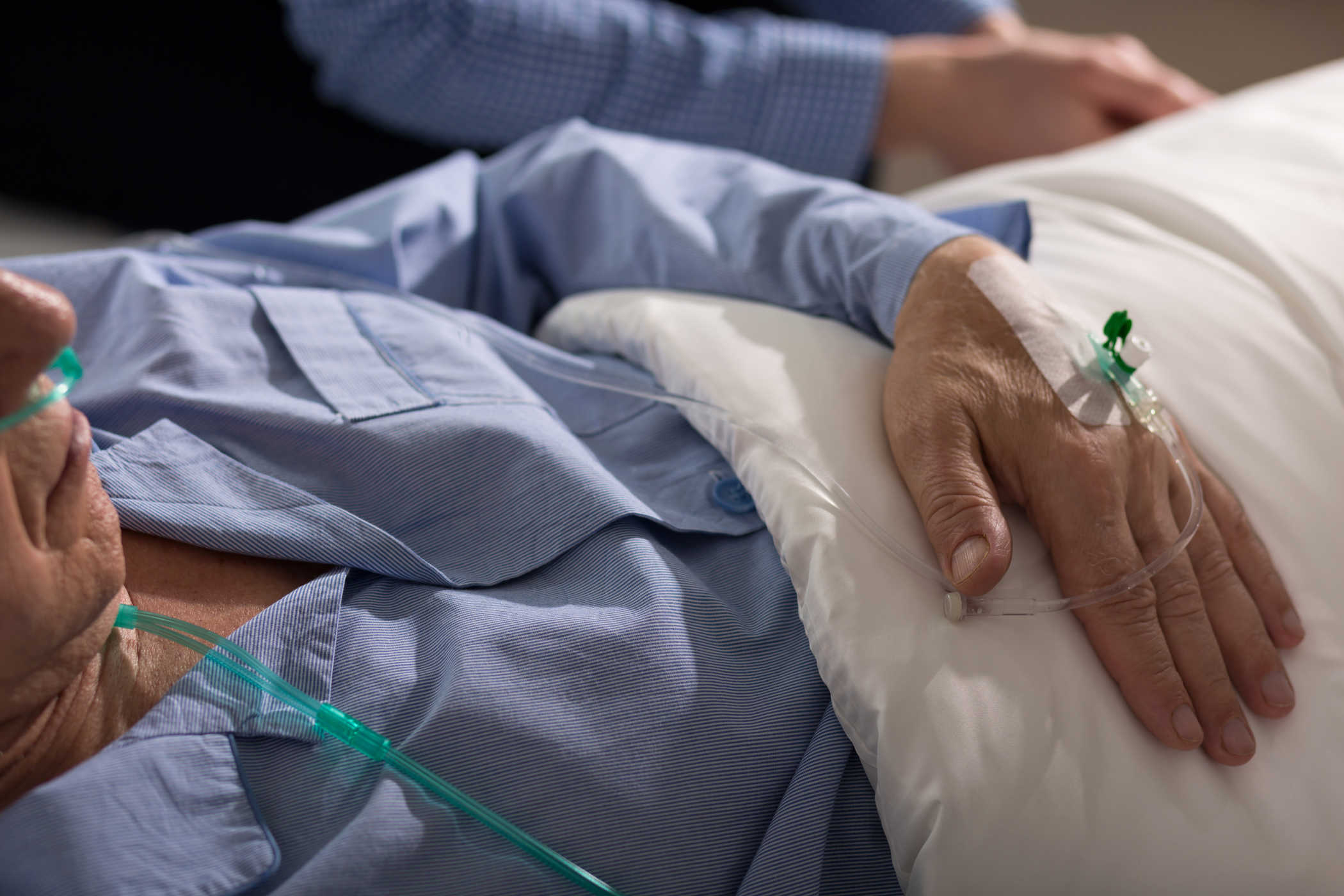Contents:
- Medical Video: General Anesthesia Can Cause Dementia
- Effect of anesthesia (anesthesia) before surgery in the elderly
- Total anesthesia during surgery in the elderly increases the risk of decreased brain function
- Operational risk in the elderly increases when the age of patients over 75 years
- The importance of conducting an evaluation before the elderly is operated on
Medical Video: General Anesthesia Can Cause Dementia
Over the past two decades, various diseases that occur in the elderly have increased significantly, but the number of elderly patients who undergo surgery simultaneously is also increasing. When the age is advanced, it can no longer be denied if the body's condition increasingly decreases. Starting from the joint, then to vision, and then memory.
Well, often parents are required to undergo major surgery in the joints or other organs to improve their quality of life. So, what are the operating risks for the elderly? See the explanation below.
Effect of anesthesia (anesthesia) before surgery in the elderly
Before the surgery, the anesthesiologist will usually take an anesthetic procedure that aims to block the patient's pain in a certain period of time so that the patient does not feel pain during the operation. This action of anesthesia or anesthesia can be done by injection, spray, ointment, or giving gas that the patient must breathe. There are three types of anesthesia namely, local anesthesia, partial anesthesia, and total anesthesia.
The effect of anesthesia is indeed temporary and is generally not dangerous in most patients operating. However, in elderly patients whose bodies continue to decline due to age, it may be able to impact during the recovery process. Especially if the elderly are given total anesthesia which directly works in parts of the brain to make the patient unconscious during the operation.
A new study found that total anesthesia, when used in elderly patients, can increase the risk of dementia and the development of neurodegenerative disorders such as Parkinson's disease or Alzheimer's.
Total anesthesia during surgery in the elderly increases the risk of decreased brain function
Researchers have identified a decrease in initial cognitive function after surgery - called postoperative cognitive dysfunction (POCD), which causes dementia. POCD is associated with the emergence of neuroinflammatory reactions in the brain. This reaction makes the brain damaged and causes cell degeneration.
Cell-level degeneration is the trigger for dementia or senility. Even indirectly can cause a decline in cognitive function that can cause senility, loss of long-term memory, language difficulties, and erratic behavior. Dementia can develop into a disease, such as Alzheimer's.
The study involved 9,294 elderly people who had undergone surgery between 1999 and 2001. About nine percent of participants experienced dementia after eight years underwent anesthesia exposure and the risk increased by 15 percent for Alzheimer's disease. In particular, for elderly patients undergoing total anesthesia and experiencing cognitive impairment more likely to experience neurodegenerative disorders.
From the study, the researchers concluded that elderly patients who received total anesthesia tended to be at greater risk of developing neurological problems than those who received local anesthesia.
Operational risk in the elderly increases when the age of patients over 75 years
Previous research has shown that recovery rates and postoperative complications occur more often when the patient is 75 years old. At the age of 75 years brain function has decreased by itself, especially if the patient has experienced a decline in cognitive function. This can make the development of neurodegenerative diseases very possible.
Alzheimer's disease can be the initial cause of death in older people aged 75 years and over. Patients can be forgetful so they often go away from home and forget to go home because they forget where their home is. At such times, they are prone to starvation and the risk of becoming convinced of wet lungs.
The importance of conducting an evaluation before the elderly is operated on
Researchers have concluded that preoperative evaluation must be performed on parents to determine what anesthetic measures are used, especially if they are required to carry out total anesthesia. Likewise regarding the postoperative follow-up action plan to ensure the introduction of decreased cognitive function and dementia so that treatment can be immediately carried out to prevent the emergence of more serious neurodegenerative disorders.












